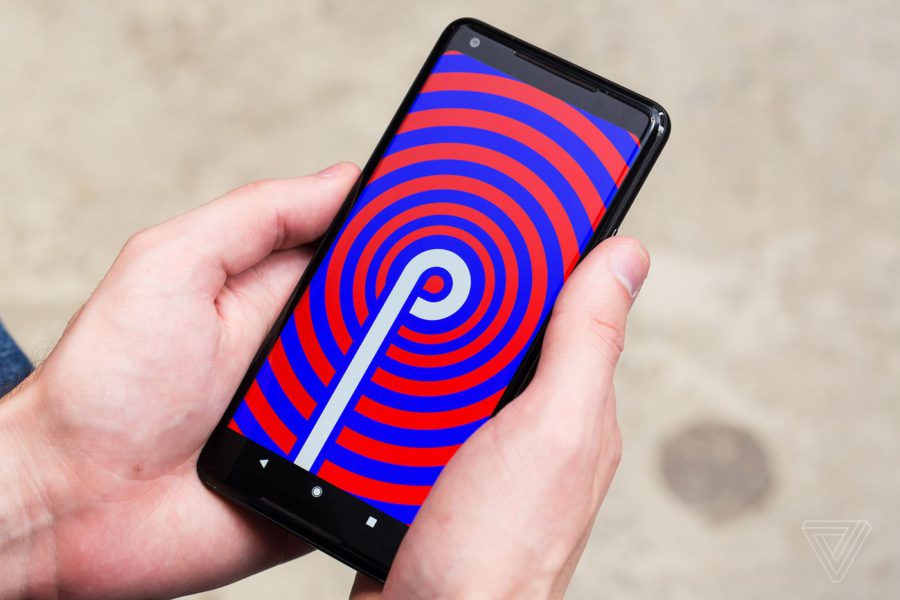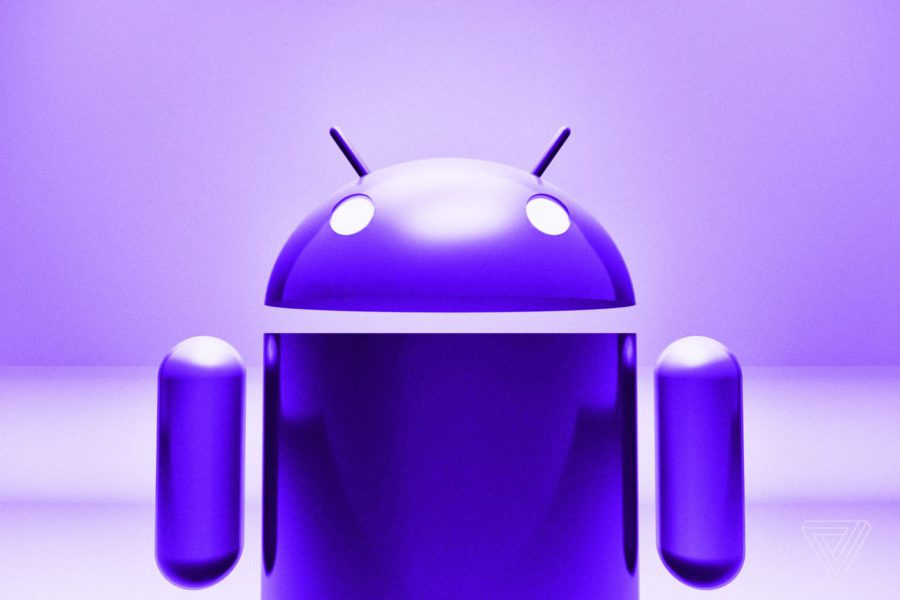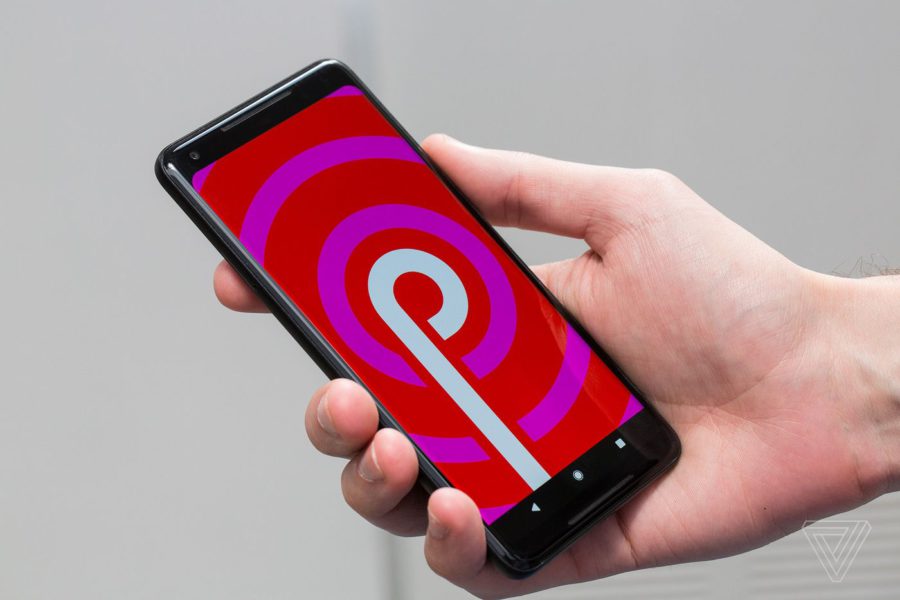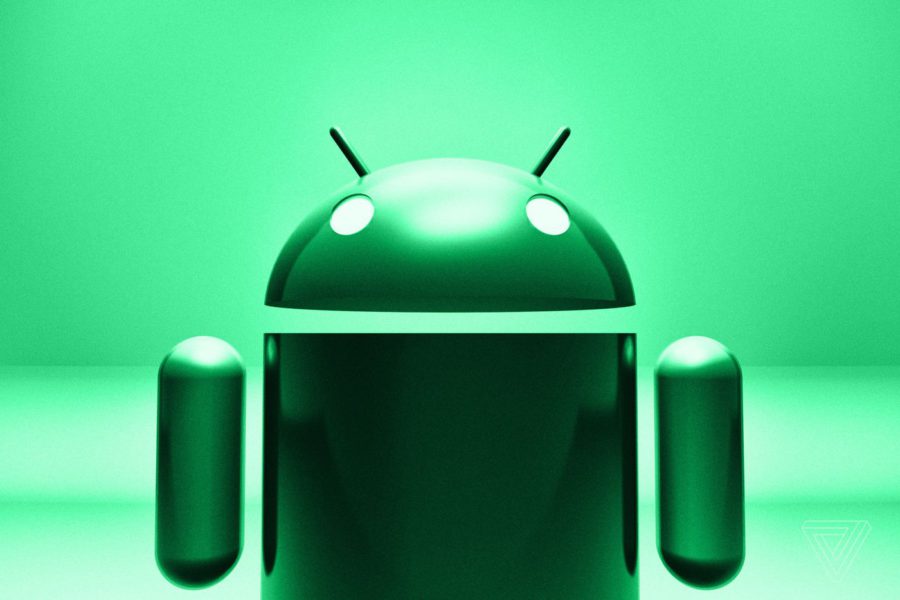What determines Android – the version of the latest update from Google or the 'native software' on your smartphone?

Original material
The past Google I / O conference amused me with the number of users iPhone surprised by Google's new focus on digital wellbeing and the company's announcement that Android 'leapfrogged' iOS. Being an enviable 'henchman' Android, I instinctively noted that Android has long been ahead of iOS in several important aspects – native apps, cloud services, digital assistant. But then I thought: what Android were they talking about? What version is installed on Samsung Galaxy A7 2016 or Huawei P20 Pro? Or maybe we are talking about Android on Google Pixel devices? Basically, these are all variations of the same thing, but I'm not sure about that.
I'm starting to believe that we need to describe the development within the ecosystem in a more differentiated, concretized manner Android. The language of the past, in which Windows in a broad sense meant the same thing regardless of the PC manufacturer, and the user experience iOS on the majority iPhone was almost identical, has become too narrow to cover the variety of devices, companies, and experiences that the term 'Android' carries.
First of all, it is worth distinguishing Android 'new, dear' and 'old, forgotten by all' Android. All the advantages presented at Google I / O 2018 Android P will be exclusively presented on two types of devices: new products purchased immediately after the release of the new software version and slightly more 'old' ones that are too expensive for manufacturers to release for them updates. Device reviewers like me tend to underestimate the depth of a still-pressing problem as we often move from one newest and best device to another. Most of us see Android through the prism of the best products of Google partners or Google itself in the face of Pixel devices.

But Android is not just a marketing prospect, but a reality for over 2 billion users. And their experience is often similar to mine: two years ago I included HTC One Mini 2, which was literally teeming with application incompatibilities and was excluded from the support program for new updates. I'll tell you what: the industrial design of the phone is still perceived with a bang, the ergonomics are cool, the display is still satisfying, I see no reason why I have to buy a new device just to run YouTube on it. And if you think that three years is too long to support the device, then ask your friends for opinion with iPhone.
Apple is still updating 76% of active iPhone to the newest version iOS, while Google barely reached 5.7% of all active Android – devices.
What, am I talking about the fragmentation issue again Android? Well, yes, we will remember about it exactly as long as it exists. Yes, Android P can temporarily give Google a lead on paper from Apple. But if Apple 'rolls out' a similar update for iOS 12 aimed at digital wellbeing, then its impact and reach will surpass that of the update from Google. Let's take the coming autumn: the flagship device on Android P will be the Google Pixel 3, which will not be easy to find in ordinary operator salons (and even in the Google branded store on the company's campus), while iOS 12 will appear on all iPhone X, iPhone 8, iPhone 7 and most likely on iPhone 6S.
This is how it works: iOS offers a ubiquitous experience across multiple generations of devices, and the name can be used to describe the current state of things and what the ecosystem is about. The operating system from Google is not distributed in its entirety, but in pieces, which, however, corresponds to the story with names in honor of confectionery. Buy a Galaxy S9 – and you will be sure of at least two 'pieces': Oreo and an unknown taste on P, but the date is not exactly known about the second, and the third is generally a lottery.

Don't get me wrong, in the battle between the theoretical new Pixel at Android P and the theoretical new iPhone this fall, I tend to bet on Google's suggestions, in part because we haven't seen that Apple prepares for iOS 12. But is that enough to assert the superiority of Android over iOS at the moment? Probably, not. And is it really worth comparing individual phones at all in an attempt to determine a superior OS when hardware plays as much of a role as software?
I have another question: what role does Android play in China? For me Android goes hand in hand with the variety of great mobile apps from Google, be it Maps, Photos, Keep, or Drive. I also rely more and more on Google Assistant to speed up basic daily tasks. Be that as it may, in the world's largest smartphone market, Google Play and Play Store services are prohibited, and therefore 'Android' – a smartphone supplied in China is radically different from its counterpart in another country. It's fair to say that the dominant operating system in China is WeChat, which has grown from a messenger to a universal user experience on top of a traditional OS. So most of the nominal users Android are in practice WeChat users.
The way we talk about Android today imposes a label on hardware manufacturers who supply both Android devices and their software, and also does not differentiate between OSs with and without Google services. them. When LG ships a device in which the user finds 54 preinstalled programs, when OnePlus is caught collecting too much information about its users, or when Blu is removed from the directory Amazon due to spyware in devices, then for people it's all – Android. When Samsung scares kids with its creepy animated emoticons and baffles old people like me with its silly Bixby button, that's too Android.

There is a whole class of users iPhone who find Android a slow, outdated and ugly system, unworthy of a modern user to waste their time on it. And, as it turns out, there is a whole market for portable media players based on Android (for example, Fiio X7 II with Android 5.1) that fully fit this description. In fact, Android is so diverse that you can say anything about it, and you can find proof of it.
I am not going to suggest a 'correct' way to describe Android, I am urging you to start qualifying and more carefully define what we want to say with this term. The world has never seen an operating system of scale Android, with a mixture of so many users, devices and their versions, so there is a sense in the possible need to invent new forms for designation Android.
Author – Vlad Savov
Undoubtedly, the diversity Android is not obvious for everyone, it imposes its own characteristics on the perception and interaction with the platform. This is one of its features since the very birth of the OS from Google, as well as the reason for the most pressing problem that everyone wants to smooth out, but it does not work, it always comes to the fore. I agree with the author about a more precise wording, sometimes it is not easy to grasp the meaning until the speech comes to context. That's just from a different, albeit more accurate name, the problem will not be solved. However, for many, fragmentation is no longer a problem.
